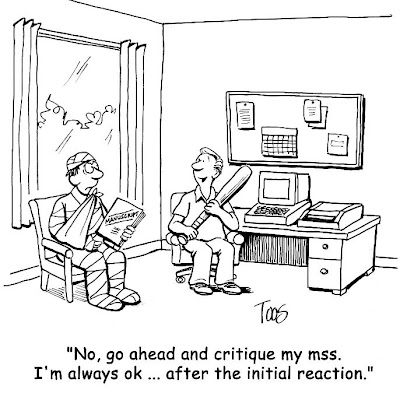Sandra Parshall
Everyone who leaves a comment today will be entered in a drawing for an ARC of Under the Dog Star.
Everyone who leaves a comment today will be entered in a drawing for an ARC of Under the Dog Star.
Under the Dog Star won’t be published until September, the only version available now is the uncorrected proof (ARC, or advance reader copy), and it doesn’t even have a final cover yet (although a rough mockup that has since been discarded is popping up everywhere). But the first review has appeared. Of course I’m obsessing about it. It’s on an internet review site called BookIdeas.com, not in one of the powerful industry magazines (Publishers Weekly, Booklist, Library Journal, Kirkus), but it’s all I have at the moment, so I’m obsessing about it.
Not that it’s negative. Although the reviewer takes a slightly jokey tone in spots, it’s a favorable review without a single outright nasty comment. Some samples:
“The author manages rather deftly to address some basic ideological issues in her narrative... the conflict between the rule of law represented by our deputy sheriff and the mob rule of a renegade posse is vividly presented.”
“The... storytelling technique is similarly solid, particularly the author’s attention to detail in presenting dialogue.”
“Rachel is portrayed as a person of pluck, stubbornness, and passionate dedication to her cause.”
“Fans of murder mysteries will get their fill of mayhem and local color and characters in this well-written tale.”
So what bothers me? The reviewer doesn’t think Tom Bridger, the deputy sheriff who is co-protagonist with Rachel Goddard, is charismatic. Tom, the reviewer notes, lacks the “charming insouciance of Peter Falk in Columbo or the dry humor of Jerry Orbach in Law and Order.”
Waaaah!
I love Tom. Rachel loves Tom. I think Tom is strong, honest, courageous. He has no patience with idiots and heartless bastards. He’s a tough cop in a place where just about everybody owns a gun and resents law enforcement. Hit him and he’ll hit you back, with interest. He has been known to land a hard kick to the ribs of a drug dealer, and in Under the Dog Star he uses a particularly painful method of getting vital information from a bad guy. But he absolutely does have a sense of humor and a soft side. He loves and protects Rachel, his little nephew Simon, and Billy Bob, the old bulldog he inherited from his father. In this book, though, he’s dealing with some of the worst scum he’s ever encountered, so the lighthearted moments don’t come often. Does he really have to be insouciant like Columbo or a wisecracking cynic like Orbach’s L&O character Lenny?
Okay, this should be enough to make you understand what I go through – what most writers go through – when reading reviews. Forget all the good stuff, all the praise. What I always home in on, and remember forever, are the negatives, however small they might be.
I wasn’t expecting the first review so early. I thought I'd at least have a final cover before the reviews started. But now I’m over that initial hurdle and braced for more.
Bring ’em on.
I’m ready.
I hope.
****************************
Leave a comment to enter the drawing for an ARC of Under the Dog Star. Make sure I can reach you by e-mail if you win -- either include your e-mail address in your comment or send it separately to sandraparshall@yahoo.com. I ask only this of the winners: If you like it, please tell a lot of people, but if you don't like it, please tell no one.


















